Understanding Carpal Tunnel Syndrome: Symptoms, Causes, and Treatment Options
Carpal Tunnel Syndrome (CTS) is a common condition that affects the hand and wrist, often causing pain, numbness, and weakness. At Palomar Spine and Pain, we understand how debilitating CTS can be for patients, especially those who rely on their hands for daily tasks or work. In this blog, we’ll explore the causes, symptoms, and effective treatments for carpal tunnel syndrome to help you better understand your options for relief.
What is Carpal Tunnel Syndrome?
Carpal tunnel syndrome occurs when the median nerve, which runs from your forearm into the palm of your hand, becomes compressed or pinched within the carpal tunnel—a narrow passageway in the wrist. This compression can lead to various symptoms that affect hand function and can worsen over time if left untreated.
Common Symptoms of Carpal Tunnel Syndrome
Carpal tunnel syndrome often starts gradually, but the symptoms can become more pronounced as the condition progresses. Here are some of the most common signs to look for:
Numbness or Tingling: Many people experience numbness or a tingling sensation in the thumb, index, and middle fingers. This can often feel like pins and needles.
Hand Weakness: Grip strength can decrease, making it difficult to hold objects, write, or perform tasks requiring fine motor skills.
Pain: Sharp pain or discomfort in the wrist that may radiate up the arm or into the fingers.
Worsening Symptoms at Night: Many patients report increased discomfort at night, often causing sleep disturbances.
What Causes Carpal Tunnel Syndrome?
Several factors can contribute to the development of carpal tunnel syndrome. Some of the most common causes include:
Repetitive Hand Movements: Jobs or hobbies that involve repetitive motions, such as typing, using tools, or playing musical instruments, can increase the risk of developing CTS.
Underlying Medical Conditions: Conditions like diabetes, arthritis, and hypothyroidism can increase susceptibility to nerve compression.
Pregnancy: Hormonal changes and fluid retention during pregnancy can put pressure on the carpal tunnel, leading to temporary symptoms of CTS.
Injury or Trauma: Wrist injuries, such as fractures or sprains, can narrow the carpal tunnel and compress the median nerve.
Diagnosis of Carpal Tunnel Syndrome
If you suspect you may have carpal tunnel syndrome, a thorough examination and diagnosis are essential. At Palomar Spine and Pain, we use a combination of physical exams and diagnostic tests, such as nerve conduction studies or electromyography, to confirm the diagnosis and determine the severity of the condition.
Treatment Options for Carpal Tunnel Syndrome
Treatment for carpal tunnel syndrome varies based on the severity of the condition. At Palomar Spine and Pain, we offer a range of options to help alleviate symptoms and prevent further nerve damage:
Lifestyle Modifications:
Reducing activities that exacerbate symptoms, such as typing or repetitive wrist movements.
Ergonomic adjustments to workstations to minimize strain on the wrists.
Non-Surgical Treatments:
Wrist Splints: Wearing a wrist splint, especially at night, can help keep the wrist in a neutral position and reduce pressure on the median nerve.
Physical Therapy: Exercises to strengthen the wrist and improve flexibility may alleviate symptoms.
Anti-Inflammatory Medications: Over-the-counter medications like ibuprofen can reduce inflammation and relieve mild symptoms.
Corticosteroid Injections: For moderate to severe symptoms, corticosteroid injections can reduce inflammation and swelling in the carpal tunnel.
Surgical Intervention:
In cases where non-surgical treatments are ineffective, carpal tunnel release surgery may be necessary. This procedure involves cutting the ligament that is pressing on the median nerve, relieving the pressure.
Why Choose Palomar Spine and Pain?
At Palomar Spine and Pain, our goal is to provide personalized care that addresses the root cause of your pain and discomfort. Our team of experienced physicians specializes in treating a wide range of pain conditions, including carpal tunnel syndrome. We are dedicated to helping you regain your quality of life with comprehensive diagnostic tools, non-invasive treatments, and, when necessary, expert surgical care.
Get Relief from Carpal Tunnel Syndrome Today
If you’re struggling with carpal tunnel syndrome, it’s essential to seek treatment early to prevent long-term damage. Contact Palomar Spine and Pain today to schedule a consultation and start your journey toward pain relief.
